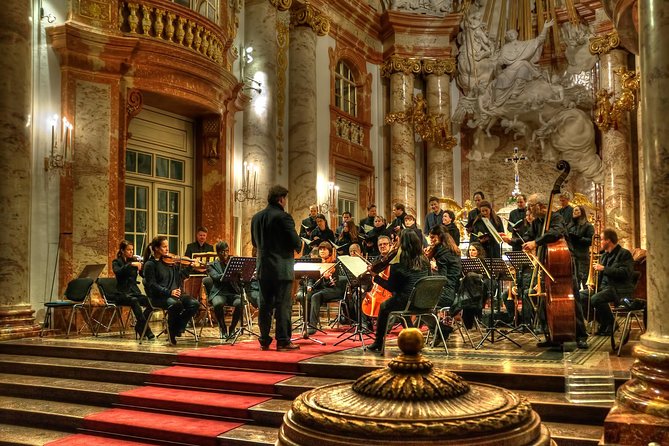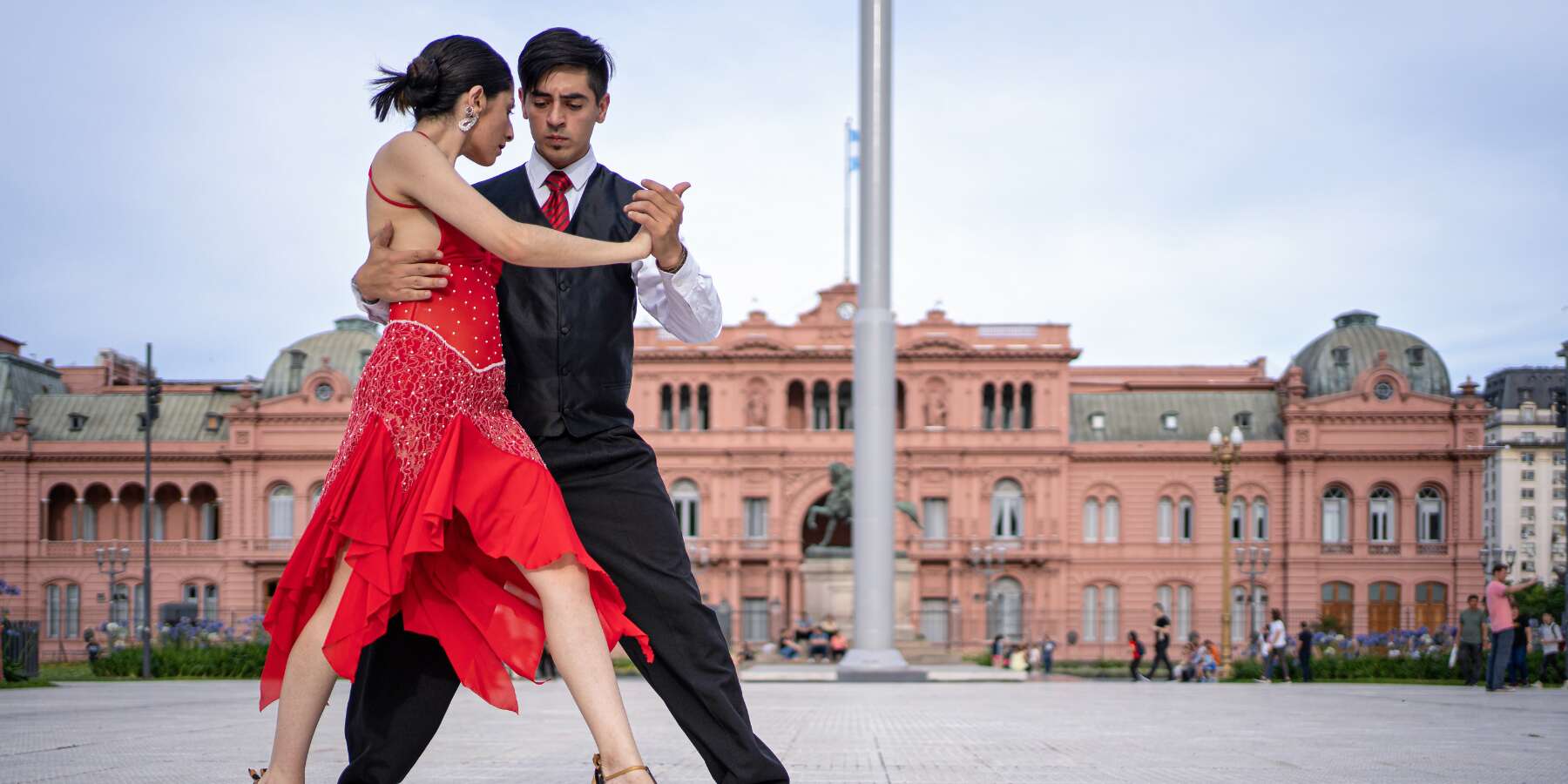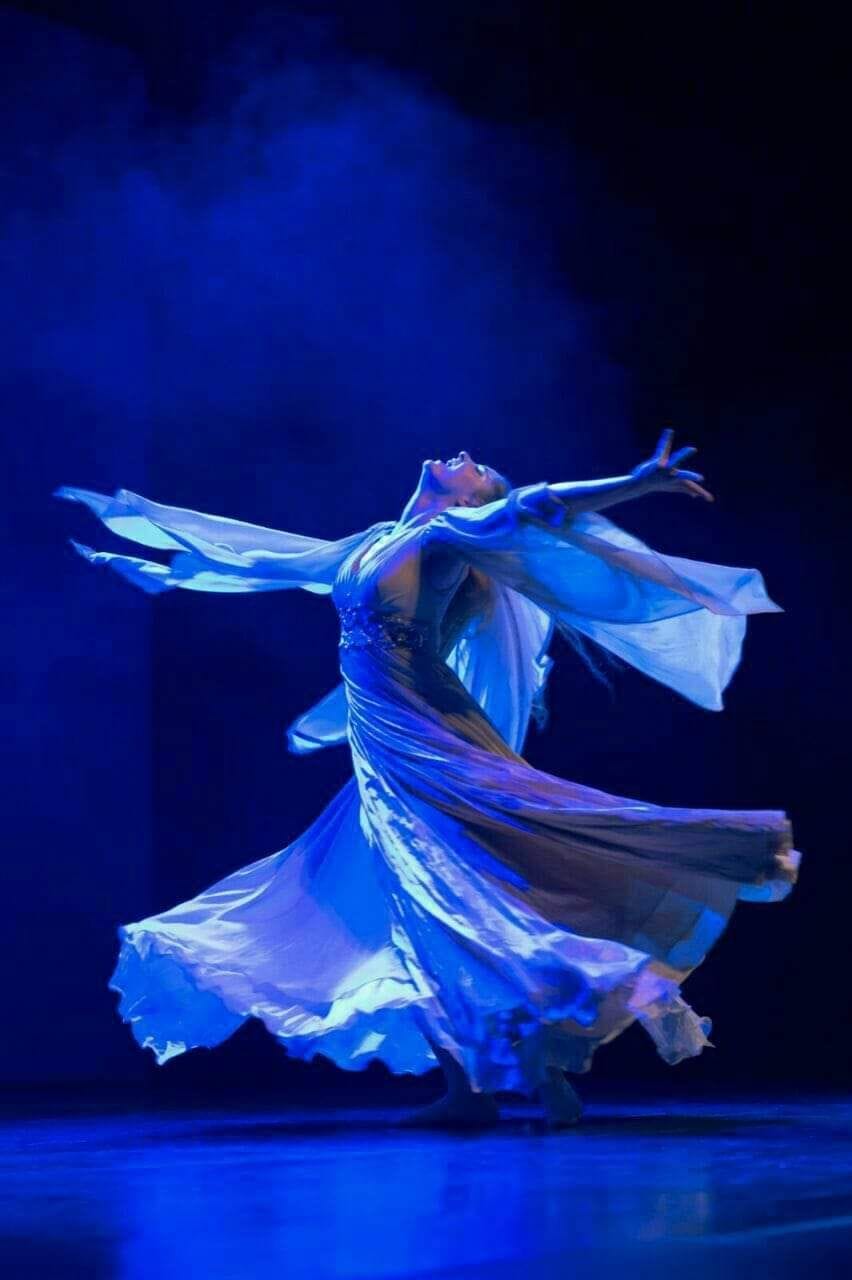Music capitals around the world are more than just cities; they are vibrant epicenters where culture and melody converge to create unique musical experiences. These cities, renowned for their rich musical heritage, diverse genres, and influential artists, offer an immersive journey into the world of music. From the jazz-filled streets of New Orleans to the classical concert halls of Vienna, music capitals harmonize tradition and innovation, making them essential destinations for any music enthusiast. Exploring these global music hubs reveals how cities shape and are shaped by their musical landscapes.
New Orleans: The Birthplace of Jazz
New Orleans, Louisiana, is undeniably one of the world’s most celebrated music capitals, famously known as the birthplace of jazz. The city’s vibrant music scene is a blend of African, French, Spanish, and Creole influences that create a unique and soulful sound. Bourbon Street, with its lively jazz clubs and street performances, epitomizes the city’s rich musical heritage. Iconic venues like Preservation Hall and the Spotted Cat Music Club showcase live jazz performances that keep the genre’s legacy alive. New Orleans’ annual Jazz & Heritage Festival also draws global audiences, celebrating the city’s deep-rooted connection to jazz and its broader musical culture.
Vienna: The Classical Music Heartbeat
Vienna, Austria, stands as a monumental music capital renowned for its classical music legacy. The city’s grandeur is reflected in its historical concert halls and opera houses, such as the Vienna State Opera and the Musikverein. Vienna has been home to some of the greatest classical composers, including Ludwig van Beethoven, Wolfgang Amadeus Mozart, and Johann Strauss. The Vienna Philharmonic Orchestra, one of the world’s leading orchestras, regularly performs at these prestigious venues, continuing the city’s tradition of classical excellence. For music lovers, Vienna offers an unparalleled experience of classical music in its most authentic form.

credit: viator.com
Nashville: The Country Music Capital
Nashville, Tennessee, proudly earns its title as the capital of country music. Known as “Music City,” Nashville’s influence extends far beyond country music, shaping genres from rock to gospel. The Grand Ole Opry, a historic radio show and performance venue, is a cornerstone of Nashville’s music scene and a pilgrimage site for country music fans. Additionally, the Country Music Hall of Fame celebrates the genre’s history and its legendary artists. Broadway Street, lined with honky-tonks and live music venues, embodies the city’s dynamic country music culture, making Nashville a key player among cultural music cities.
Berlin: The Modern Music Hub
Berlin, Germany, is a contemporary music capital known for its innovative and eclectic music scene. The city’s cultural diversity and vibrant arts community contribute to its status as a global music hub. Berlin’s famous clubs, such as Berghain and Watergate, are renowned for their electronic music and techno scenes. Additionally, Berlin’s classical music institutions, like the Berlin Philharmonic and the Deutsche Oper, showcase a range of musical styles and offer world-class performances. Berlin’s annual festivals, including the Berlinale Film Festival and the Berlin Music Festival, further highlight its role as a center for both modern and classical music.
Tokyo: The Fusion of Traditional and Contemporary Music
Tokyo, Japan, stands out as a music capital where traditional Japanese music harmoniously blends with contemporary genres. The city’s rich musical heritage is celebrated through performances of classical Japanese instruments like the koto and shamisen, while modern music scenes embrace J-pop and electronic music. Tokyo’s renowned venues, such as the Tokyo Opera City Concert Hall and the Nippon Budokan, host a wide range of performances from classical to pop. The city’s vibrant neighborhoods, like Shibuya and Akihabara, offer diverse music experiences, reflecting Tokyo’s ability to fuse traditional and contemporary music seamlessly.
Rio de Janeiro: The Rhythm of Samba and Bossa Nova
Rio de Janeiro, Brazil, is a music capital celebrated for its energetic rhythms and rich cultural traditions. The city’s vibrant music scene is deeply influenced by genres such as samba and bossa nova, which are integral to Rio’s cultural identity. The annual Rio Carnival is a world-famous event showcasing samba parades, elaborate costumes, and lively music that captures the city’s festive spirit. Iconic venues like the Samba City and the Bossa Nova Club provide a platform for local musicians and offer visitors a chance to experience Rio’s rhythmic musical heritage firsthand.
Mumbai: The Bollywood Music Capital
Mumbai, India, is the epicenter of Bollywood music, blending traditional Indian music with cinematic influences. The city’s thriving film industry, Bollywood, produces a vast array of music that shapes and reflects contemporary Indian culture. Mumbai’s music scene includes classical Indian music, contemporary Bollywood hits, and fusion genres. Venues like the National Centre for the Performing Arts and the Mumbai Symphony Orchestra highlight the city’s diverse musical offerings. The city’s vibrant street performances and live music venues further enhance Mumbai’s reputation as a global music hub.
London: A Melting Pot of Musical Genres
London, England, is a dynamic music capital known for its diverse musical landscape and influential artists. The city’s historical significance in music is evident through venues like the Royal Albert Hall and the O2 Arena, which host a wide range of performances from classical to rock. London’s vibrant music scene spans various genres, including jazz, punk, electronic, and opera. The city is also home to iconic music institutions such as the Royal Academy of Music and the British Music Experience. London’s rich musical heritage and contemporary innovations make it a key player among the world’s music capitals.
Buenos Aires: The Soul of Tango
Buenos Aires, Argentina, is synonymous with tango, a genre that defines the city’s musical identity. The city’s tango heritage is celebrated through performances at historic venues like El Viejo Almacén and Café Tortoni. Buenos Aires is also home to the annual Tango Festival, which attracts dancers and musicians from around the world. The city’s vibrant streets and neighborhoods, such as San Telmo and La Boca, resonate with the passionate rhythms of tango, making Buenos Aires an essential destination for those exploring the intersection of music and culture.

credit: gotraveltipster.com
New York City: The Global Music Stage
New York City, USA, stands as a cultural melting pot and one of the most influential music capitals in the world. The city’s diverse music scene spans classical, jazz, hip-hop, rock, and more, reflecting its dynamic cultural fabric. Iconic venues such as Carnegie Hall, the Metropolitan Opera House, and the Apollo Theater highlight New York’s musical legacy. The city’s neighborhoods, like Harlem and Greenwich Village, have played pivotal roles in shaping various music genres. New York City’s vibrant music scene and its global influence make it a must-visit for anyone interested in experiencing the breadth of contemporary and classical music.
Exploring music capitals around the world offers a unique opportunity to connect with the cultural and melodic heritage of different cities. From the jazz-filled streets of New Orleans to the classical elegance of Vienna, each city contributes its own rhythm to the global musical landscape. These global music hubs not only celebrate their rich musical traditions but also continue to innovate and inspire new generations of artists and enthusiasts.


